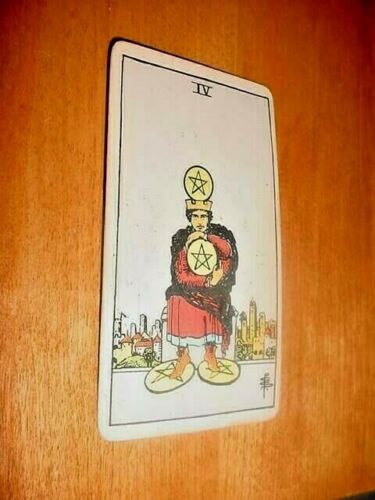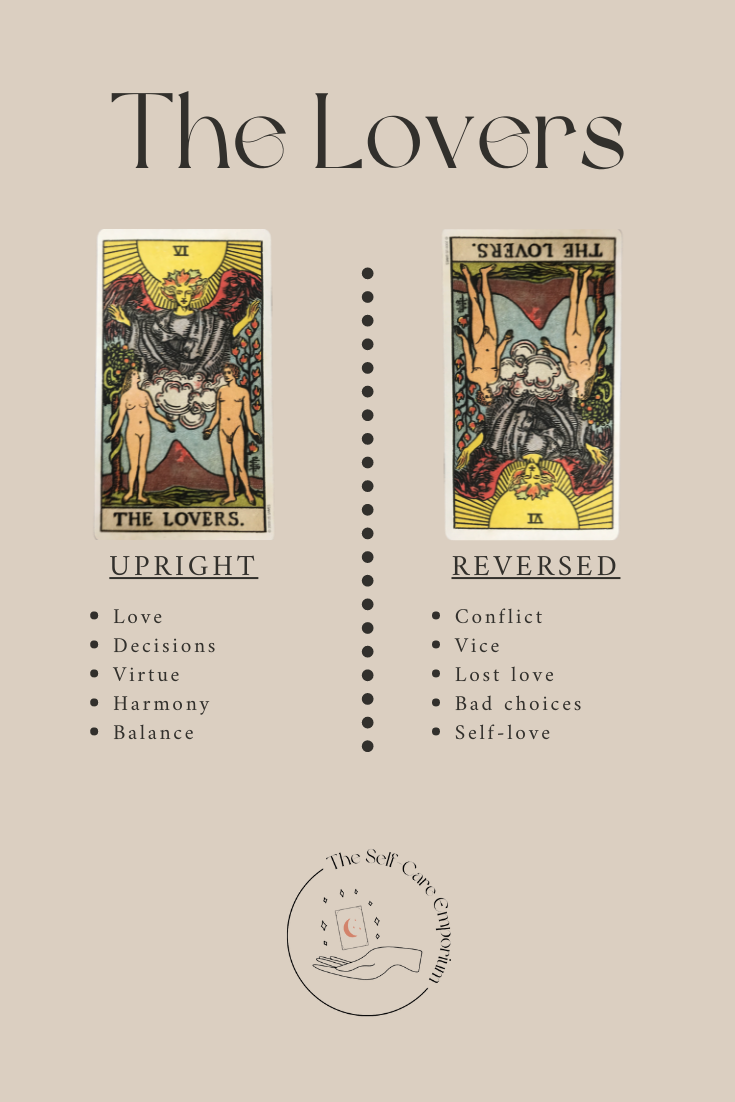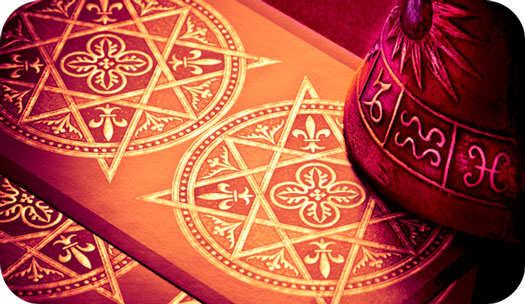
The cold read is a form of public speaking in which you read aloud from a text or script. It is a common technique in the performing and visual arts, especially theater. It is a great way improve your speaking abilities and impress an crowd. This is also called 'theatrical-reading'. Cold reading is an excellent tool for public speaking.
Techniques
There are many techniques for cold reading. Some of these include watching the body language and details in the conversation. Learn about the subject's concerns and lifestyle during the reading. Also, observe how the subject reacts to your statements and refine your statements based upon the results.
While you can use a variety techniques to create win-win situations, you can also use contradictory statements to describe the subject's behavior. These situations are often created by mentalists who create statements that seem contradictory. Common examples include presenting a subject with a subtle statement about an emotion or thought. This method works because the subject likely has experienced both sides.
Audience selection
Targeting potential customers can be done based on their interests. This could include women in their late twenties who are avid college sports fans, or women who enjoy reading books. Targeting your ads to the most likely customers can help you target them. Your ad campaigns will be more effective if you use demographic targeting.

Cold reading is a skill that requires you to be able make an impression on the audience. During the audition, many aspiring candidates keep their eyes on the script and do not maintain eye contact with their audience. Instead of doing this, hold the script in one hand while making eye contact and reading with your audience. Also, make sure you do not take too long to turn the page. You might want to fold the corner of your page so it is easier to turn.
Body language
Cold reading refers to the art of understanding nonverbal signals from people and deciphering their intentions, without having to speak with them. This skill is very useful when you need to gauge someone's confidence or nervousness. It helps you adapt to different situations. Many people mistakenly believe that bodylanguage is equivalent to cold-reading.
However, it's common for cold readers to make broad generalizations about people they read. Although most of this information is accurate, it can also be provocative. You need to be attentive to their body language and adjust the statement to suit their response. A cold reader might make a humorous comment about a dead relative. A more serious statement about the person’s recent relationship to a former partner would be more accurate.
False Signals
There are two main ways that cold reading can detect false signals. One relies on subjective validation while the other relies on objective validation. Both methods require that you have certain levels of experience and training. A good cold reader should have a wide repertoire of techniques. A good cold reader should have the ability to identify people in different mental states.
To get the most detail possible, a cold reader is able to ask many questions. He or she will then repeat the answer or rephrase it and use it as a guide to the next question.

Preparation
Performers should be ready for cold reading auditions. Although cold readings are not required to study scripts, it is important that you research the subject matter in order to understand what will be expected of you. This will allow you to connect with the material, as well as become familiar with the storyline and characters. You can even prepare by reading some material in front of others in order to practice.
While preparing for a cold reading audition, actors should avoid getting stiff. Remember that actors communicate with the body just as much with their words as they do with them. It is crucial to communicate the appropriate emotions through your body.
FAQ
Why do we need hobbies
Hobbies play an integral part in our lives. It allows us to unwind and recharge, think creatively, exercise, socialize, have fun, and allow us to enjoy life. We also have the chance to learn new skills and pursue lifelong passions.
Hobbies allow us to find meaning in our lives.
They are great for spending your free time when there's not much else.
They are fun!
If you don’t have the time to do a hobby, you likely don’t have any other hobbies.
So take a look at all the options available to you. Start a hobby today, if you don’t have one already!
Is it possible to become rich from a hobby?
Not necessarily.
However, if you're interested in creating a business based on your hobby, then you could definitely end up being wealthy.
Let's say, for instance, you are a passionate cook. You love healthy food so you open a new restaurant.
You serve only organic meals made from scratch and charge customers a small fee to cover the costs of ingredients and labor.
As you build your clientele, you eventually hire employees to help you.
You will eventually be able to expand your menu with vegan options and gluten-free choices, as well as desserts.
You've now created a profitable business that allows you to live the life you desire.
But, it doesn't mean your day job must be abandoned.
You could instead run your own restaurant and still hold your 9-5 job.
What are collection hobbies?
Books, movies, music and comics are the most popular collections.
You can also find stamps, coins, cars and dolls as well model kits and figurines.
I think you get the point.
What are some good hobbies ideas?
You can find the best hobbies that you love doing for yourself. It will be easier to continue doing what you love if you are passionate about your work. It will also be easier to find a reason to stop feeling tired or sick.
Hobbies that we all know and love include gardening, painting and crafts, photography, cooking, sports and games, reading, music, film-making, collecting, cycling, walking, dancing, writing, playing instruments, etc.
Consider volunteering at your local animal shelter, charity shop, hospice, children's hospital or hospice, elderly care home, school center, church, or community center.
Let's say you are looking for something more exciting. Consider scuba diving and skydiving.
There are many ways to enjoy nature, even if you don't want to travel far. These include caving, cliff diving, cave tubing, abseiling, sea kayaking, rafting, canoeing, climbing, trekking, bushwalking, mountaineering, backpacking, trail running, orienteering, off-road driving, quad biking, motorcycling, motorcycle riding, dirt bike riding, jet boating, hang gliding, hang gliding, parachuting, hang gliding, heli-skiing, ice skating, snowmobiling, snowshoeing, snowshoeing, cross country skiing, downhill skiing, telemark skiing, ski touring, sled dog racing, snowboarding, snowkiting, snowmobiling, spelunking, snowshoe hiking, snowshoeing and many more.
Where can I find free resources to learn more about hobbies?
There are tons of websites devoted to helping people discover new hobbies.
These are our top picks:
www.trythisathome.com - This site provides a list of over 100 different hobbies. It also provides information on how to get started in each one.
www.hobbyfinders.org is a site that offers thousands of activities. It allows you to search by location, skill level and interest.
www.indiebazaar.co.uk - IndieBazaar is an online marketplace designed specifically for independent artists and musicians. You will find hundreds of products that range from artwork to music gear on the site.
www.pinterest.com/explore/hobbies - Pinterest is a social media network that lets users "pin" images they find interesting onto their boards. Users can use boards to organize their favorite things into specific categories.
www.reddit.com/r/Hobbies Reddit enables users to post links and articles, as well as videos, on other social media platforms like Facebook. Users can vote on which posts they think are most valuable.
What are educational hobbies, you ask?
An educational hobby is an activity where you learn something by doing it. You could choose to learn how to play an instrument or play sports.
It should be enjoyable and fun for you. You don’t have to do it constantly, but you should consider what other activities you could be engaging in instead.
Also, you need to be careful not to spend too much on these activities. They can end up costing more than you think.
Statistics
- I am 100% biologically a woman (discover.hubpages.com)
- Much of this decline reflects the fact that teens are less likely to work today than in the past; among employed teens, the amount of time spent working is not much different now than it was around 2005. (pewresearch.org)
- A new survey by Pew Research Center of teens ages 13 to 17 finds that 36% of girls feel tense or nervous about their day every day; 23% of boys say the same. (pewresearch.org)
- This 100% accurate personality-analyzing hobby quiz discovers your passion based on your characteristics. (quizexpo.com)
- Almost 80% of people claim to have no hobby. (hobbylark.com)
External Links
How To
How to Start Baking
Baking involves the preparation of food using flour, eggs (or sugar), butter, or both. Baking uses flour, fats, sugars leavening agents and salt as the main ingredients. We will be discussing how to make bread in this article. We will use common ingredients like wheat flour, yeast, milk powder, egg whites, butter, olive oil, salt, honey, and water.
Mix these ingredients together to make bread. In a large bowl, combine the dry ingredients (flour yeast, salt) and add them to the bowl. Next, add the wet ingredients (milk powder and egg white). Combine them. Add the honey and then knead the dough until smooth. The dough should rise for approximately 30 minutes. After rising, the dough should feel light and soft. Roll the dough out and place it on a baking tray. Bake at 180°C 15 minutes.